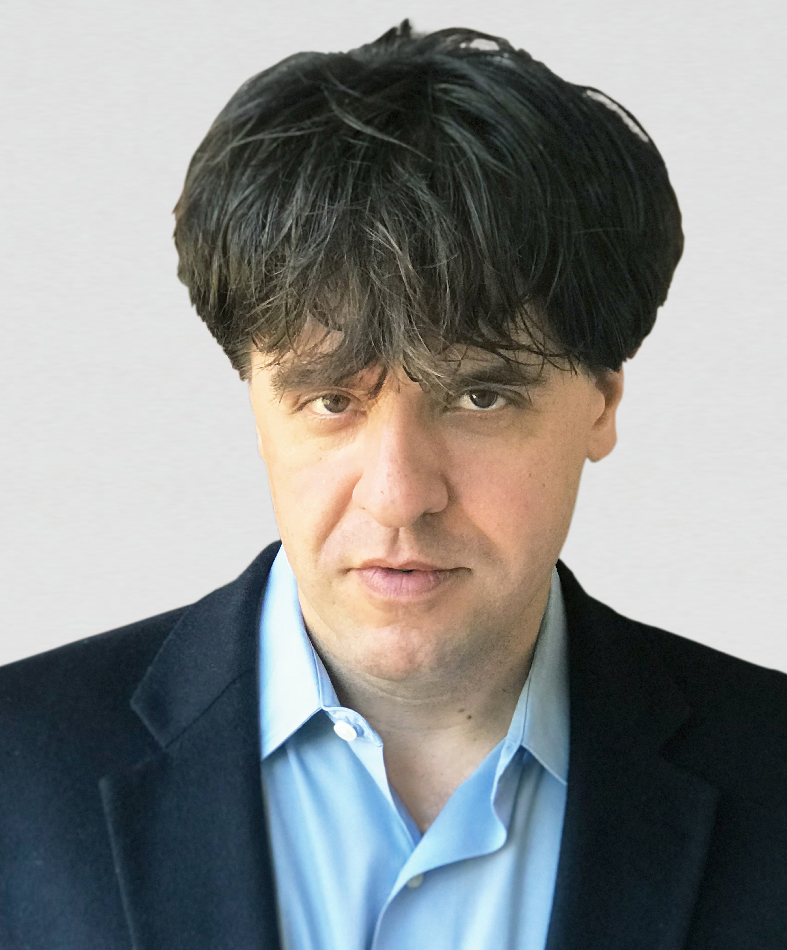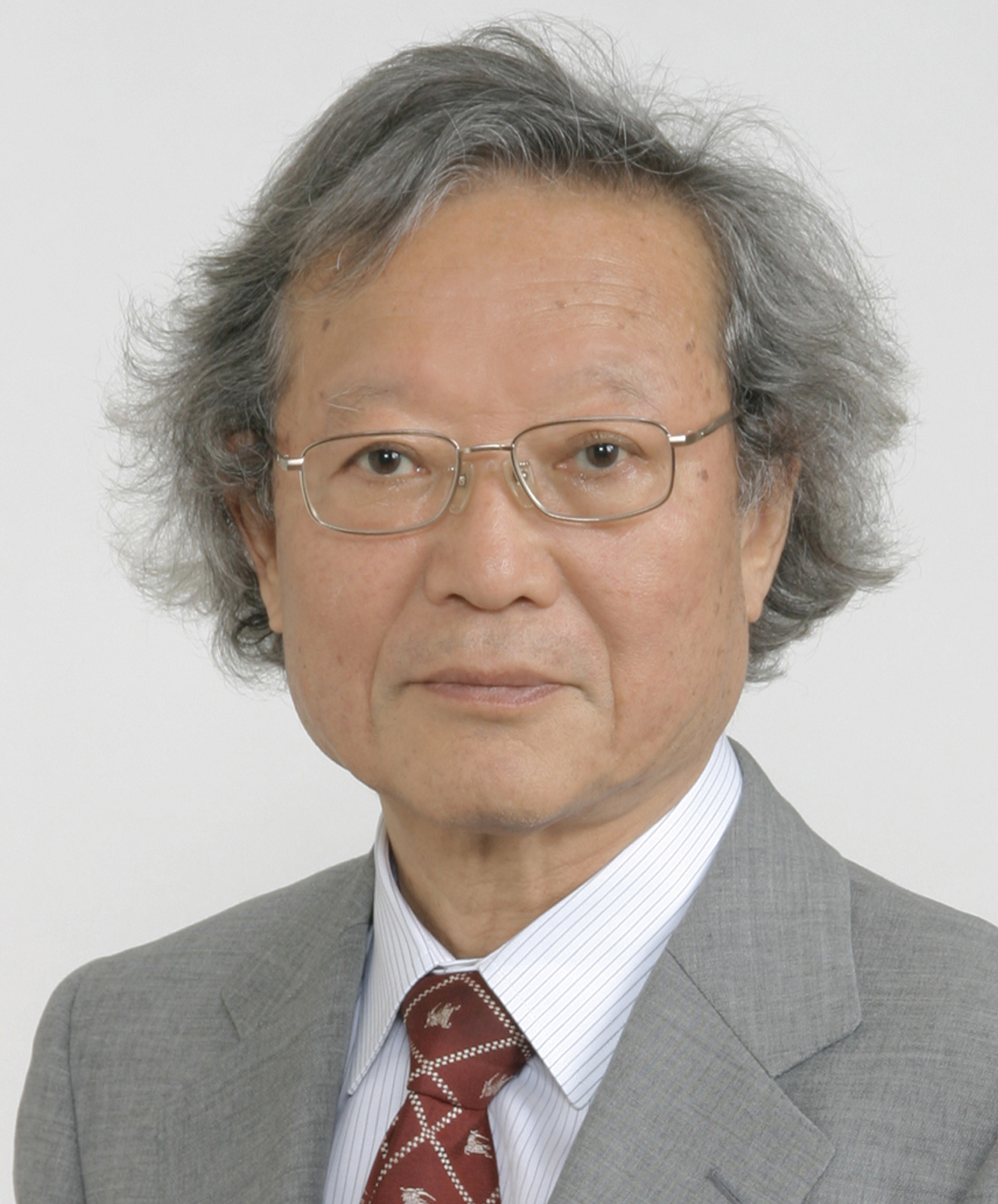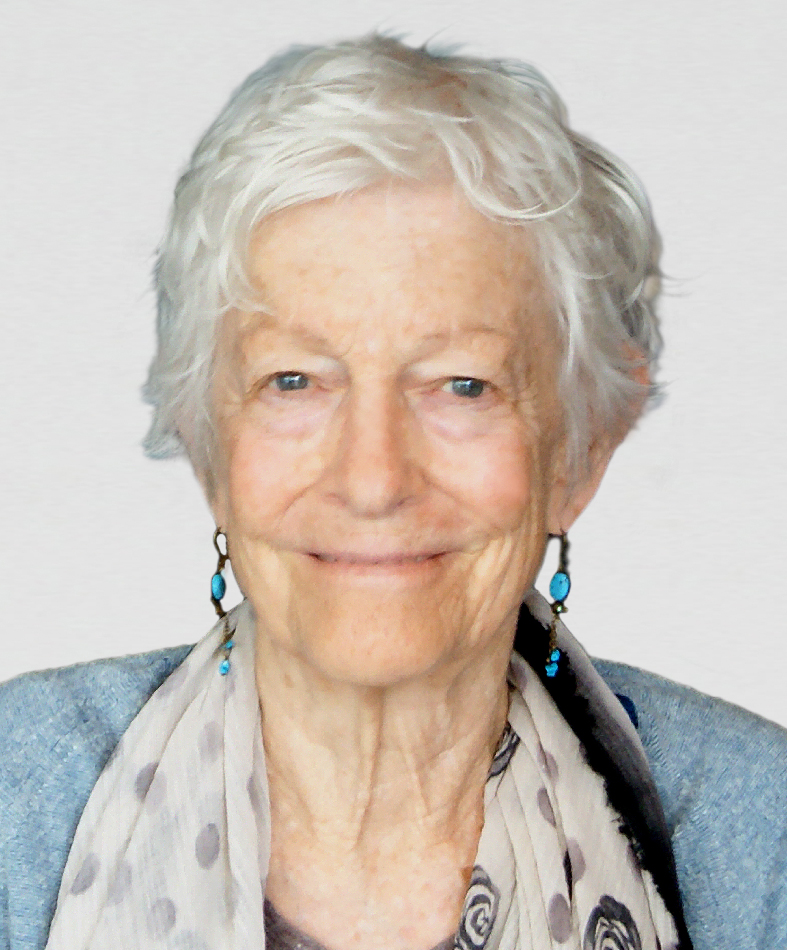Inamori Foundation Awards the 34th Kyoto Prize to Scientists and Artist in the Fields of "Advanced Technology", "Basic Science", and "Arts and Philosophy"
On 10th November 2018, neuroscientist Dr. Karl Deisseroth, mathematician Dr. Masaki Kashiwara, and artist Joan Jonas received the Kyoto Prize in the ancient Japanese imperial capital. In addition to the Nobel Prize, this prize is considered one of the most important awards for the lifetime achievements of dignitaries in science and culture across the world.
- Corporate
Kyoto/London - This year's laureates received the 34th Kyoto Prize in the categories of "Advanced Technology", "Basic Sciences", and "Arts and Philosophy." The highly prestigious honor is always awarded on November 10th in a formal ceremony at the Kyoto International Conference Center by the Inamori Foundation. All three laureates accepted the prize in the ancient Japanese imperial capital in the presence of Princess Takamado, a member of the Imperial Family of Japan, and more than one thousand international guests from the fields of business, culture, and politics. The Kyoto Prize includes a diploma, Kyoto Prize medal, and prize money of 100 million yen (roughly EUR 770,000) per category.

Kyoto Prize: An Award with Tradition
The Kyoto Prize was established in 1984 by Kazuo Inamori, founder of the Kyoto-based technology group Kyocera. In the past 33 years, laureates included important dignitaries such as choreographer Pina Bausch, philosopher Jürgen Habermas, Japanese fashion designer Issey Miyake, French composer Pierre Boulez, and molecular biologist Yoshinori Ohsumi, who received the Nobel Prize for his research in 2017. This year's Nobel Prize laureate for medicine, Tasuku Honjo, was also awarded the Kyoto Prize in 2016.
The Kyoto laureates 2018

Dr. Karl Deisseroth, USA – Professor and scientist at Stanford University
Dr. Karl Deisseroth focused on microbial light-activated proteins such as channelrhodopsin of green algae, and spearheaded “optogenetics” – a new methodological discipline in which neurons can be activated or inhibited on the millisecond scale using light. This achievement has revolutionized the field of systems neuroscience, enabling causal study of neuronal assembly activity and resulting function beyond correlational studies.

Dr. Masaki Kashiwara, Japan – Professor at Kyoto University
Dr. Masaki Kashiwara established the theory of D-modules, thereby playing a decisive role in the creation and development of algebraic analysis. His numerous achievements, including the establishment of the Riemann-Hilbert correspondence, its application to representation theory, and construction of crystal basis theory, have exerted great influence on various fields of mathematics, and contributed strongly to their development.

Joan Jonas, USA – Emeritus Professor at the Massachusetts Institute of Technology
Ms. Joan Jonas created a new artistic form by integrating performance art and video art, and has evolved her original medium at the forefront of contemporary art. Creating labyrinth-like works that lead audiences to diverse interpretations, she continues the legacy of 1960s avant-garde art by developing it into a postmodern framework, profoundly impacting artists of future generations.
For more information about Kyoto Prize: http://www.kyotoprize.org/en/
For more information on KYOCERA: www.kyocera.eu

